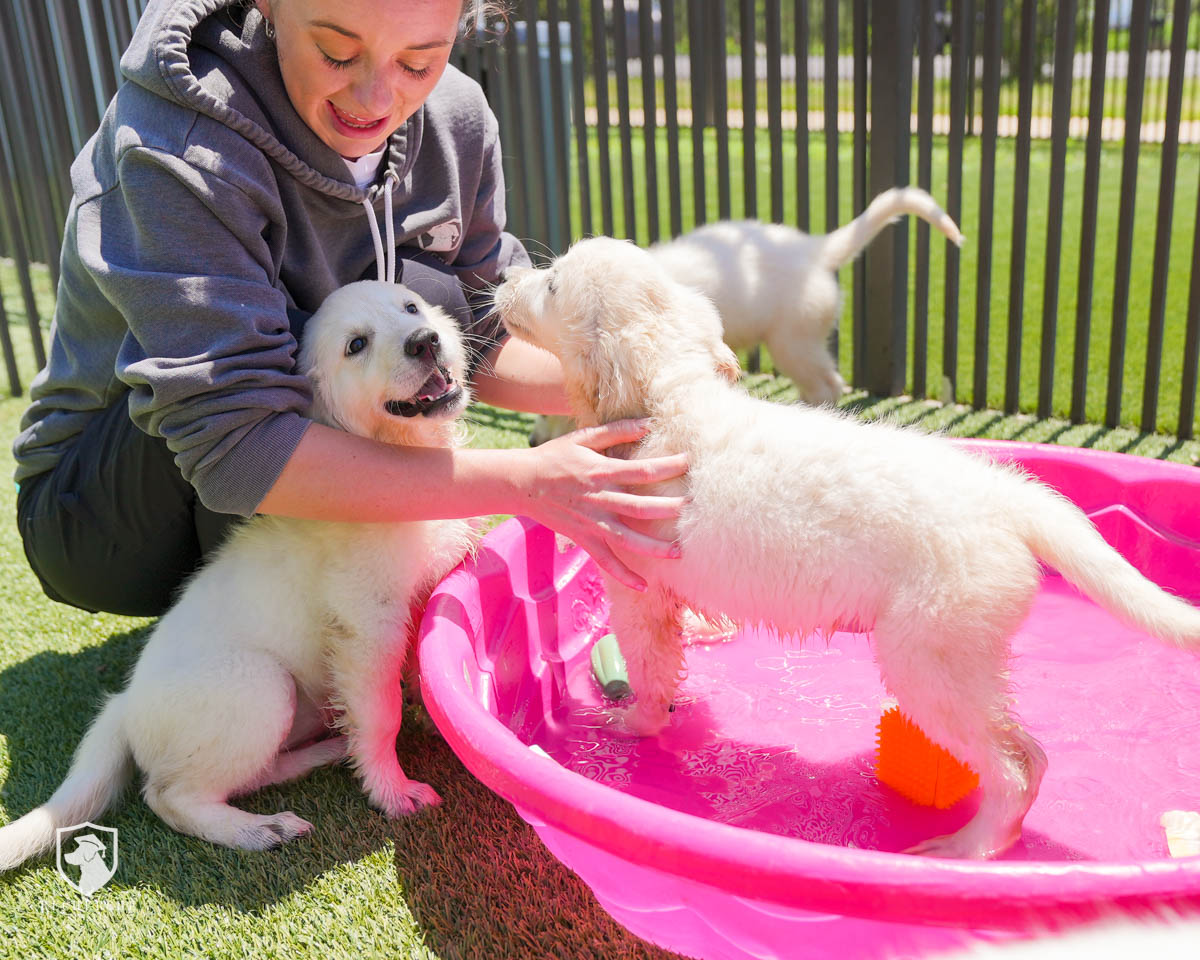Understanding Giardia in Dogs
Highlights
- Giardia in Dogs: Causes symptoms like vomiting and diarrhea. Spread through contaminated sources. Diagnosis via stool test; treatment involves medication and a clean environment.
- Prevention and Risks: Spread by fecal-oral route, affects mainly puppies and immunocompromised dogs. Avoid contaminated areas and maintain hygiene.
- Human Transmission: Dog-specific Giardia isn’t zoonotic, but hygiene is important. Proper veterinary care ensures recovery and prevention of future infections.
Giardia, a single-celled protozoan parasite, poses a significant health risk to dogs. This parasite can infect dogs through various means, including contact with infected animals, consumption of contaminated food or water, or exposure to infected soil, objects, or surfaces. Common symptoms of giardiasis in dogs are vomiting, diarrhea, weight loss, and abdominal discomfort. It’s crucial to seek veterinary assistance if Giardia infection is suspected. A veterinarian can confirm giardiasis with a straightforward stool sample test and recommend a suitable treatment plan.

Transmission of Giardia in Dogs
Giardia transmission in dogs primarily occurs through the fecal-oral route, involving direct contact with an infected animal or with contaminated surfaces and objects, such as food and water bowls, toys, and other common items. Infection can also arise from drinking contaminated water or eating contaminated food, as well as from exploring tainted environments like rivers and lakes. Additionally, the disease can spread indirectly through airborne contaminated feces. It’s important to recognize that Giardia infection in dogs might not always stem from direct contact with another infected dog. Environmental sources like bowls and toys can also be infection vectors, underscoring the importance of proper sanitation to prevent Giardia’s spread.
Puppies with underdeveloped immune systems and dogs with compromised immunity or other health conditions are particularly vulnerable to Giardia. To minimize risk, it’s advisable to avoid crowded dog areas and ensure that dog boarding or daycare facilities adhere to stringent sanitation protocols.


Symptoms of Giardia in Dogs
Detecting Giardia in dogs can be challenging, as symptoms might be subtle or absent. Typical signs include soft stools, diarrhea, vomiting, anemia, and weight loss, along with lethargy, dehydration, and poor appetite. Neglecting treatment can lead to serious long-term issues like chronic gastrointestinal inflammation, malnutrition, and significant weight loss. Hence, vigilance for symptoms and prompt veterinary care are essential.

Diagnosing Giardia in Dogs and Puppies
Veterinarians employ various tests for diagnosing Giardia in dogs, such as:
- Fecal flotation test: Examining a fecal sample in a liquid solution under a microscope to detect Giardia cysts.
- Fecal PCR test: Analyzing a fecal sample for Giardia DNA.
- ELISA test: Detecting specific Giardia antibodies in blood serum. This test can yield false positives if the dog has had a prior Giardia infection, as antibodies remain in the bloodstream long after the infection has cleared.

Following a positive diagnosis, veterinarians typically prescribe anti-parasitic medications and possibly additional treatments like antibiotics and probiotics, depending on the infection’s severity. Treatment strategies range from over-the-counter to prescription medications, with prescription options like fenbendazole, metronidazole, and Albon often being more effective. These medications generally require daily administration over several days or weeks to completely eradicate Giardia.
Besides medication, maintaining a clean environment for the pet is crucial to prevent re-infection. Regular bathing of pets and cleaning of soiled areas with antimicrobial solutions, followed by thorough drying, is recommended. Surfaces in contact with the pet should be cleaned with suitable cleaners, rinsed, and dried. A combination of proper hygiene and appropriate medication can effectively reduce the risk of recurrent Giardia infections.

Giardia Risks to Humans
While Giardia variants in dogs (Giardia canis or Giardia duodenalis) are distinct from those typically infecting humans (Giardia lamblia), they are not zoonotic and thus don’t pose a risk to human health. Nevertheless, practicing good hygiene when handling a dog’s feces is essential to mitigate the spread of other infections.
While Giardia in dogs might seem daunting, it is generally manageable with veterinary intervention. Preventative measures, such as avoiding high-traffic dog areas and stagnant water bodies, are advisable. With appropriate care, dogs can recover smoothly from Giardia and avoid future infections. Always consult a veterinarian for any concerns regarding your dog’s health.


